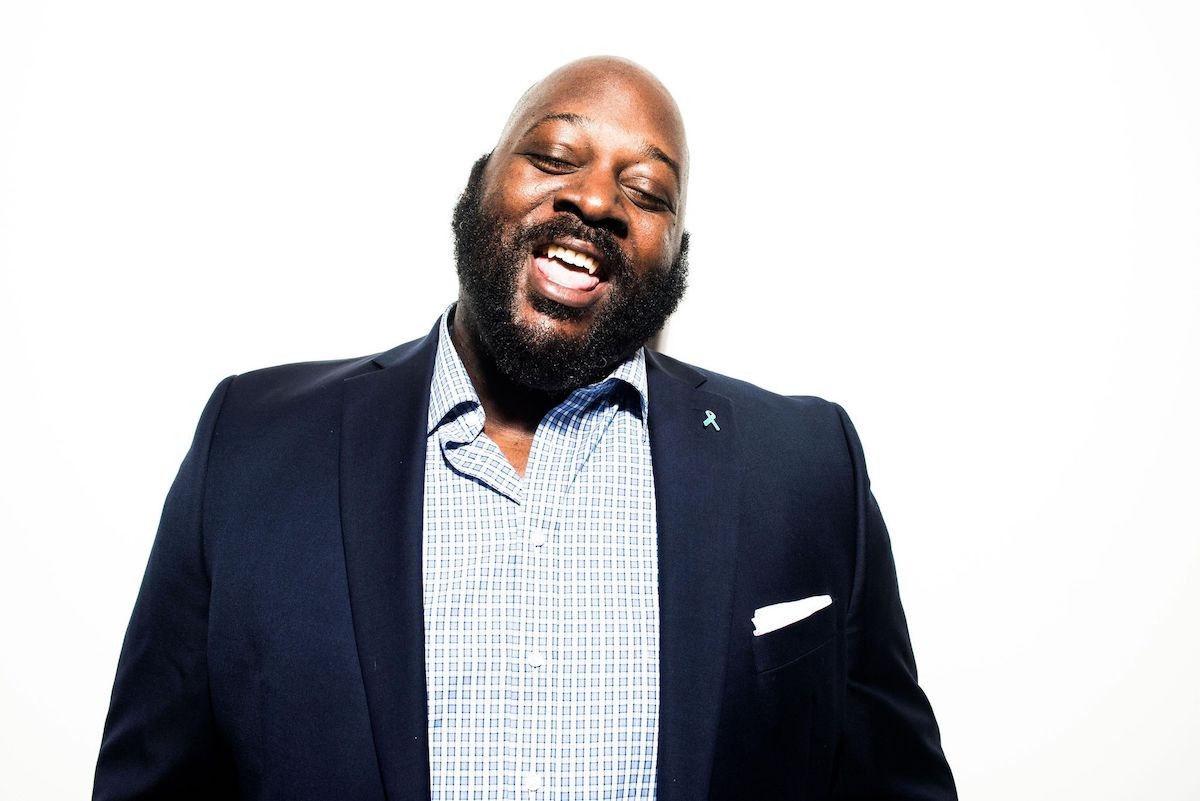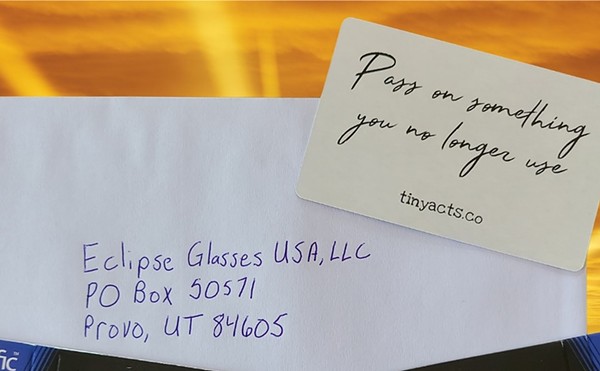In 2019, Cara was ecstatic to be accepted as a legislative intern through her political science program at UofL.
“I knew I wanted to pursue a career in politics as I loved discovering the role citizens can play in the political process,” said Cara, who is using an alias to protect her identity. The then sophomore would be paired with a state representative two days a week in Frankfort.
Cara and her fellow interns attended a three-hour orientation led by her supervising professor. While she anticipated learning the ins and outs of the internship, she was taken aback at the main topic of discussion. “We spent the majority of the orientation discussing what to do if you are sexually harassed,” she said. “The conversation was very uncomfortable and made me wonder how many times this situation has happened for us to spend this much time talking about it.”
Despite her reservations, Cara decided to stay in the program, hoping that nothing would happen to her.
Cara’s sexual harassment began about a week after her she started the internship. “There was a senior official that would constantly make comments about what the female interns were wearing,” Cara said. “One day I was wearing a V-cut blouse which caused him to stare at my chest and tell me I had great skin,” she recalled. Cara was also subjected to unwanted touching. “It was not unusual for him to walk past me, put his hand on my lower back saying ‘excuse me, sweetie,’” Cara said. Despite this, Cara did not recognize this as sexual harassment initially. “I thought this was just what girls in politics had to go through,” she stated. “A rite of passage.” It wasn’t until one of her fellow male interns made a comment, that Cara realized that what was happening was not proper protocol. “One of my colleagues asked me if the rep. had a crush on me or something,” Cara says. “When I asked why, he told me that the rep. had been staring at my ass the entire day,” she said. At this point, Cara realized that she was living one of the examples her professor had warned her about in her orientation session. “I just felt so dirty,” she recalled.
An Imbalance of Power, A Culture of Silence
Just as with other forms of sexual misconduct, the sexual harassment political aides face is an exercise in power. In a 2017 article for Vice, Rutgers University Associate Professor Of Political Science Kelly Dittmar stated that when it comes to sexual harassment in politics, “it all really comes down to power, and particularly imbalances of power, that have been established long ago and are perpetuated.” It is this power dynamic that also creates a culture of silence which allows for many of these incidents to go unreported.Sarah Pennington Richards, a former Metro Council intern and recent Brandeis School of Law graduate, said “defamation lawsuits, forced arbitration, and non-disclosure agreements all serve to protect the perpetrators.”
“These are legal tools at their disposal that allow for the continuation of abuse,” she continued.
In addition to legal protections, the potential to halt a victim’s future political aspirations makes reporting sexual harassment a difficult process as well. “Although I knew I would be believed if I had of reported my harassment, I also knew that doing so could have ended my political career before it even started,” Cara said. “It is my goal to one day run for a state representative office and as such, I didn’t want to be viewed as a ‘problem,’”
This is not to say that future career opportunities are the only reason victims refuse to report their assault or harassment. The act of reporting always has the potential to re-traumatize the victim. Still, knowing that the act of reporting misconduct can result in the derailing of your own career, adds another barrier to the already difficult reporting process.
Accountability & Support
Holding officials accountable is the first step in correcting a work culture with sexual harassment. My very first project as a law clerk was the 2017 sexual harassment allegations against Metro Councilman Dan Johnson. After a history which included an allegation of exposing his buttocks to a legal aide and the groping of a fellow councilwoman, Johnson was held responsible for his behavior, ultimately being removed from his office. Former Councilwoman Barbara Sexton Smith would say Johnson’s removal sent a strong message that “sexual harassment is not tolerated in city hall.”Both Pennington Richards and Cara agree that female mentorship is another valuable tool for female aids. “The remedy to a ‘good ol’ boys club’ is a ‘good ol’ gals club,’” said Pennington Richards. She stresses the importance of having strong female leaders to help guide and teach interns the office landscape.
Of course, the best solution is the corrected actions of practitioners of political aide sexual harassment, whose behavior is more at home in a Mad Men episode rather than in the modern office. “Officials must remember the boss/staff dynamic that exists,” Cara said. “This includes keeping your hands and comments about our physical appearance to yourself. And learn your staff’s first names. Spoiler alert, it’s not ‘honey’ or ‘sweetie.’”
James J. Wilkerson, J.D., is the director of Staff Diversity and Equity and the Deputy Title IX Coordinator at IU Southeast.






